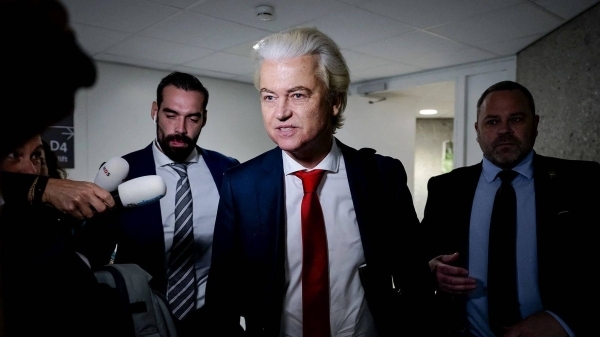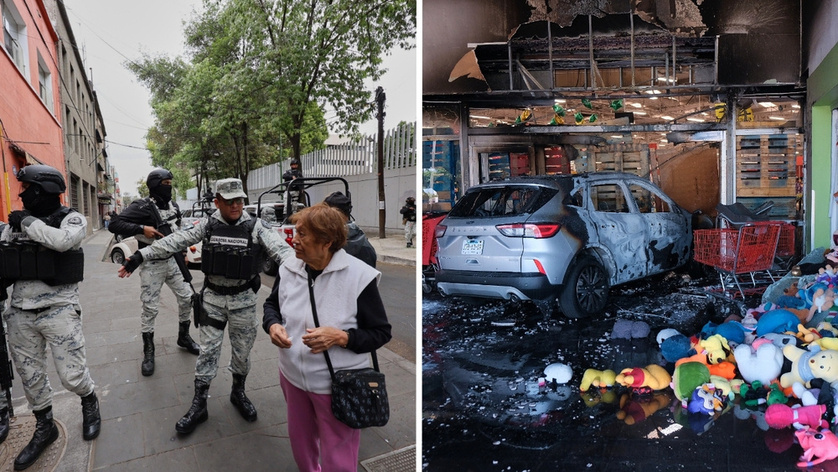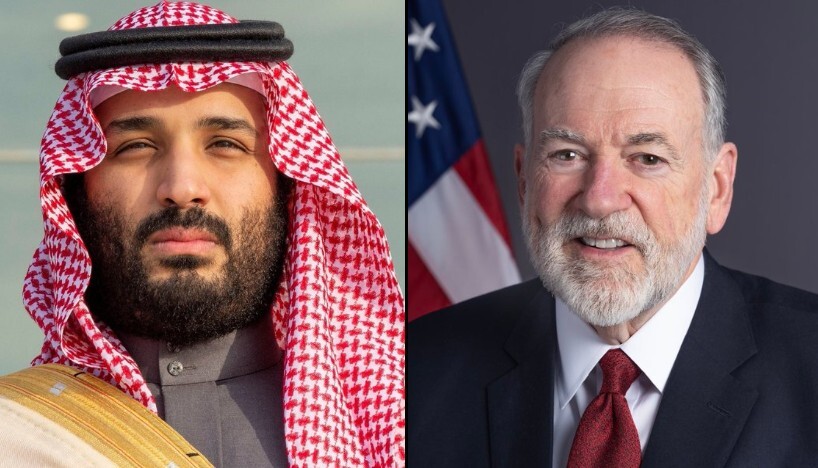Geert Wilders' populist Party for Freedom (PVV) on Tuesday, withdrew from the Netherlands governing coalition, causing the government to collapse and likely leading to early elections. Wilders accused other coalition parties of failing to back his tougher immigration policies, despite these policies being part of the previously agreed coalition agreement.
Wilders had presented a 10-point plan for stricter asylum measures, including a freeze on asylum applications, halting the construction of reception centers, and limiting family reunifications for asylum seekers who have been granted refugee status. However, his coalition partners refused to sign up to the measures.
The coalition partners suggested Wilders propose his plan in the House of Representatives, which would delay implementation and risk rejection.
After a brief emergency meeting Tuesday, lasting about 20 minutes, Wilders announced the PVV’s exit, stating, “No signature for our asylum plans. PVV leaves the coalition.” He argued he had “no choice” as his promise to voters for the “strictest asylum policy ever” was not being fulfilled.
Prime Minister Dick Schoof, a former spy chief, confirmed he would step down, and the government would resign, paving the way for new elections. He offered to lead a caretaker government without PVV until new elections, likely not before October 2025.
Schoof described Wilders' decision as "unnecessary and irresponsible."
The coalition, formed in July 2024 after Wilders’ party won 37 seats in the November 2023 election, consisted of the PVV, the conservative-liberal VVD, the Farmers' Citizen Movement (BBB), and the left-wing New Social Contract (NSC).
Coalition leaders criticized Wilders sharply: VVD’s Dilan Yeşilgöz called the decision “super-irresponsible,” accusing him of prioritizing his ego, while BBB’s Caroline van der Plas said he was “putting Geert Wilders first” over the country. NSC’s Nicolien van Vroonhoven deemed the move “incomprehensible.” They noted the coalition was already addressing immigration, and Wilders’ ultimatum was seen as a strategic move to bolster his declining poll numbers, with PVV dropping to around 20% support, still narrowly leading other parties.
Wilders' move has been seen as a significant political gamble, an effort to avoid diluting his party's popular restrictive immigration policy. Wilders said that he intends to become the next prime minister and ensure that the PVV becomes larger than ever in the upcoming elections, with current polling data showing a decline in support for the other coalition partners.
Opposition to the left's unchecked globalist immigration policies has led to the rise of populist parties across Europe.
The collapse of the Dutch government comes just weeks before a NATO summit in The Hague, raising concerns about the stability of the country's leadership.















